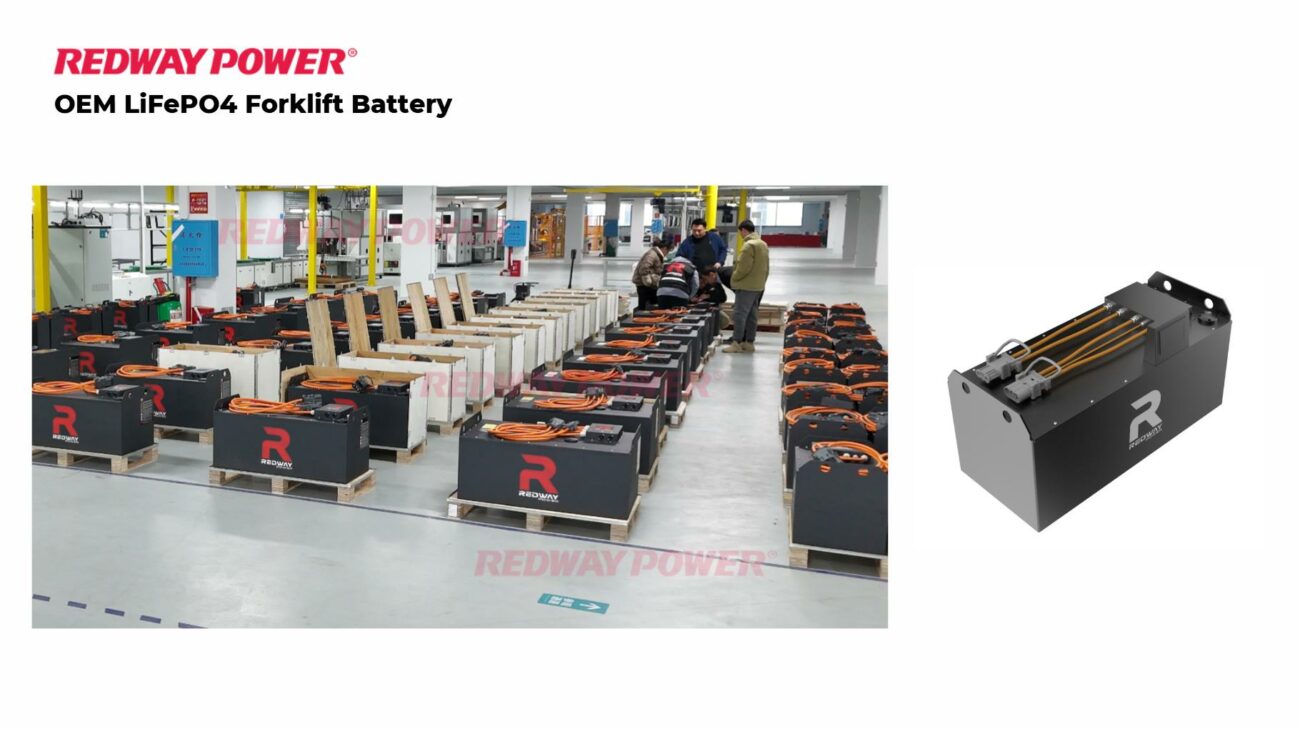The best battery for a Yamaha gas golf cart is typically a 12V deep-cycle lead-acid or lithium-ion battery. These batteries provide reliable power for accessories like lights and radios. Ensure compatibility with your cart’s voltage (usually 12V or 8V setups) and prioritize maintenance to extend lifespan. Redway Power lithium batteries offer longer cycles and faster charging for enhanced performance.
72V 200Ah Lithium Golf Cart Battery
How Does a Yamaha Gas Golf Cart Battery System Work?
Yamaha gas golf carts use batteries to power electrical components like lights, radios, and ignition systems. Unlike electric carts, gas models rely on a 12V starter battery to crank the engine and run accessories. The battery recharges via the cart’s alternator during operation, ensuring continuous power for onboard electronics and reliable starts.
48V 160Ah Lithium Golf Cart Battery
Modern systems feature smart voltage regulators that prevent overcharging during extended use. The alternator typically produces 14-15V while the engine runs, maintaining optimal battery health. For carts with multiple accessories, a secondary deep-cycle battery can be added to handle extra loads without straining the starting battery. This dual-battery setup prevents complete power loss if one battery fails.
What Are the Key Differences Between Lead-Acid and Lithium Batteries?
Lead-acid batteries are affordable but require regular maintenance and have shorter lifespans (3-5 years). Lithium batteries, like Redway Power’s models, offer 2,000+ cycles, faster charging, and no maintenance. They’re lighter and perform better in extreme temperatures, making them ideal for golf carts used frequently or in harsh climates.
48V 100Ah Lithium Golf Cart Battery
| Feature | Lead-Acid | Lithium |
|---|---|---|
| Weight | 50-70 lbs | 15-25 lbs |
| Charge Time | 8-10 hours | 2-3 hours |
| Cycle Life | 500 cycles | 2,000+ cycles |
How Does Temperature Affect Golf Cart Battery Performance?
Lead-acid batteries lose 30-50% capacity in freezing temps and overheat above 100°F. Lithium batteries operate efficiently from -4°F to 140°F. Store carts in insulated garages during winter. In heat, park in shade and avoid charging immediately after use. Redway’s batteries include thermal management systems for extreme climates.
72V 100Ah Lithium Golf Cart Battery
Cold weather increases lead-acid battery internal resistance, reducing cranking power for engine starts. Below 32°F, charging efficiency drops by 20-40%. Lithium batteries maintain 95% capacity at -20°C due to advanced electrolytes. In desert conditions, lead-acid batteries lose water faster through evaporation – lithium units don’t require watering. Always allow batteries to reach ambient temperature before charging after extreme temperature exposure.
“Modern lithium batteries revolutionize gas cart performance,” says Redway’s Chief Engineer. “Our clients see 40% fewer battery issues after switching. For winter storage, we recommend partial charges and monthly top-ups. Always use corrosion-resistant terminals and dielectric grease—it prevents 80% of electrical failures we diagnose.”
FAQs
- Q: Can I mix old and new batteries in my cart?
- No—mismatched batteries cause uneven charging and reduce overall lifespan.
- Q: How long do batteries last if unused?
- Lead-acid discharges 5-10% monthly; lithium loses 1-2%. Store at 50% charge in cool, dry areas.
- Q: Do aftermarket accessories affect battery life?
- Yes. High-power stereos/lights may require battery upgrades. Consult Redway for capacity calculations.




